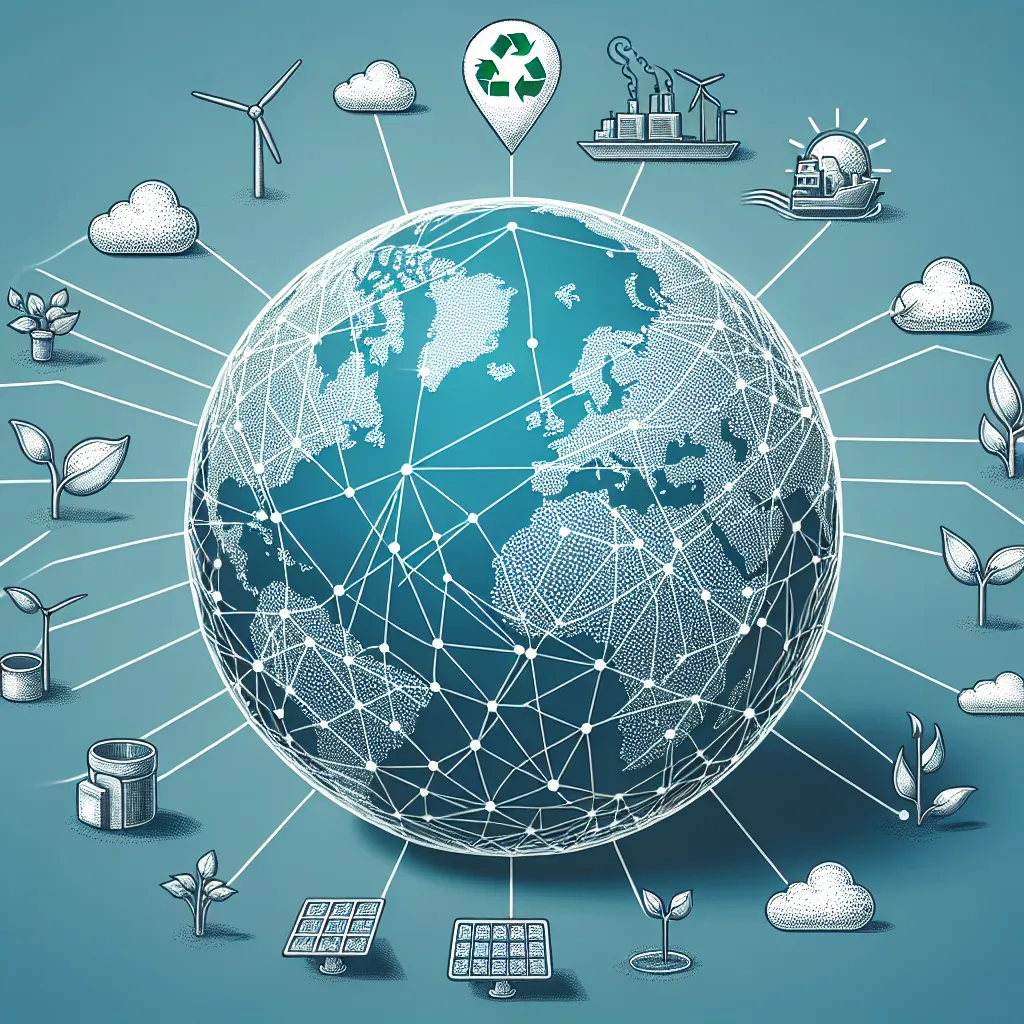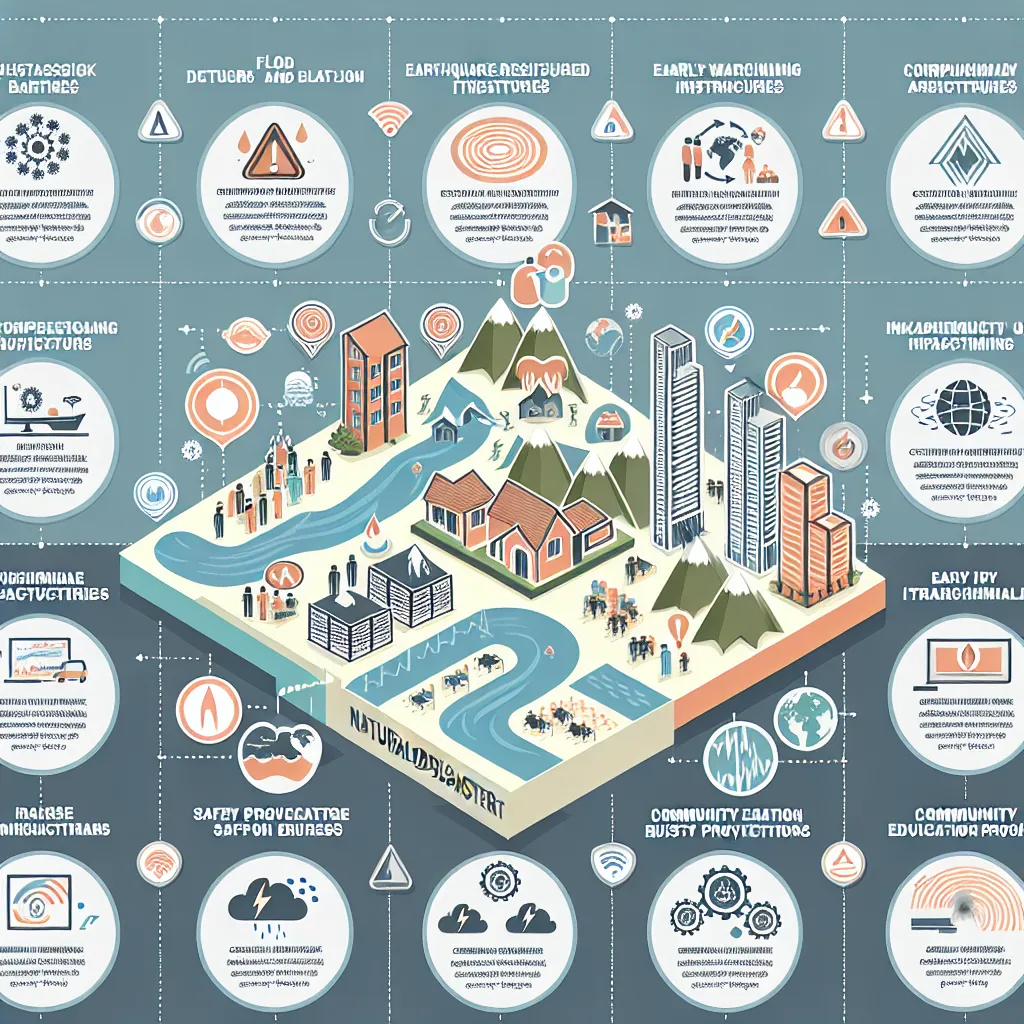Global trade and its effects on environmental sustainability have become increasingly prominent topics in IELTS Writing Task 2. This theme combines economic and environmental issues, making it a complex and relevant subject for test-takers to address. Based on recent trends, we can expect this topic to appear more frequently in future IELTS exams. Let’s explore a sample question and provide model essays to help you prepare for this challenging task.
Nội dung bài viết
 Global trade impact on environment
Global trade impact on environment
Analyzing the Question
Let’s examine a typical IELTS Writing Task 2 question on this topic:
Some people argue that the growth of international trade has a negative impact on the environment. To what extent do you agree or disagree with this statement? Give reasons for your answer and include relevant examples from your own knowledge or experience.
This question requires you to:
- Present your opinion on the relationship between international trade and environmental impact
- Provide reasons and examples to support your stance
- Discuss both positive and negative aspects of the issue
- Structure your essay coherently with clear arguments and logical progression
Sample Essay 1 (Band 8-9)
International trade has undoubtedly become a cornerstone of the global economy, facilitating the exchange of goods and services across borders. However, the environmental consequences of this expansive network have raised significant concerns. While I acknowledge that global trade has contributed to economic growth and improved living standards in many countries, I largely agree that its rapid expansion has had detrimental effects on the environment.
The negative environmental impact of international trade is evident in several areas. Firstly, the transportation of goods across vast distances contributes significantly to carbon emissions. Ships, planes, and trucks used in global logistics are major sources of greenhouse gases, exacerbating climate change. For instance, the International Maritime Organization reports that shipping alone accounts for about 2.5% of global greenhouse gas emissions. Secondly, the intensification of production to meet global demand often leads to unsustainable practices. Deforestation in the Amazon rainforest, driven partly by international demand for beef and soy, is a stark example of how trade can accelerate environmental degradation.
Moreover, the race to remain competitive in the global market can lead to the relaxation of environmental standards in some countries. This “race to the bottom” phenomenon can result in pollution havens, where industries with high environmental costs relocate to areas with lax regulations. The electronic waste dumping grounds in countries like Ghana and India exemplify the environmental injustice perpetuated by global trade imbalances.
However, it would be remiss to ignore the potential for international trade to foster environmental innovations. The global exchange of green technologies and sustainable practices can accelerate the adoption of eco-friendly solutions worldwide. For example, the international market for renewable energy technologies has driven down costs and increased accessibility, promoting a shift towards cleaner energy sources globally.
In conclusion, while international trade has brought economic benefits, its rapid growth has indeed had a predominantly negative impact on the environment. To mitigate these effects, it is crucial to implement stricter environmental regulations in trade agreements, promote sustainable production methods, and invest in cleaner transportation technologies. Only through concerted global efforts can we hope to balance the economic advantages of international trade with the imperative of environmental preservation.
(Word count: 345)
Sample Essay 2 (Band 6-7)
The growth of international trade has become a big topic of discussion when it comes to its effects on the environment. In my opinion, I mostly agree that global trade has had a negative impact on our planet, although there are some positive aspects to consider as well.
One of the main reasons why international trade is bad for the environment is because of transportation. When goods are shipped all around the world, it uses a lot of fuel and causes pollution. For example, big cargo ships and planes release a lot of CO2 into the atmosphere, which contributes to global warming. This is a big problem that gets worse as trade increases.
Another issue is that some countries might lower their environmental standards to produce goods more cheaply for the global market. This can lead to more pollution and damage to natural resources. We can see this happening in some developing countries where factories dump waste into rivers or cut down forests to make space for farms that grow export crops.
However, it’s important to note that international trade isn’t all bad for the environment. Sometimes, it can help spread green technologies to different parts of the world. For instance, solar panels made in one country can be sold to others, helping more places use clean energy. This sharing of eco-friendly ideas and products could be seen as a positive effect of global trade.
In conclusion, while there are some benefits, I believe that the growth of international trade has mostly had a negative impact on the environment. To fix this, countries need to work together to make stricter rules about pollution and find cleaner ways to transport goods. It’s important to balance economic growth with protecting our planet.
(Word count: 282)
Key Points to Remember When Writing
-
Structure: Both essays follow a clear structure with an introduction, body paragraphs, and a conclusion. The Band 8-9 essay has more sophisticated paragraph transitions and a more nuanced argument.
-
Language: The Band 8-9 essay uses more advanced vocabulary and complex sentence structures, while the Band 6-7 essay uses simpler language but still conveys the main points effectively.
-
Examples: Both essays provide relevant examples, but the Band 8-9 essay includes more specific data and a wider range of examples.
-
Balanced view: While both essays predominantly agree with the statement, they also acknowledge counterarguments, which is essential for a well-rounded response.
-
Coherence: Ensure your essay flows logically from one point to the next, using appropriate linking words and phrases.
Vocabulary to Remember
Here are some key vocabulary items related to this topic:
-
Environmental sustainability (noun): The responsible interaction with the environment to avoid depletion or degradation of natural resources.
Pronunciation: /ɪnˌvaɪrənˈmentl səˌsteɪnəˈbɪləti/ -
Carbon emissions (noun): The release of carbon dioxide and other greenhouse gases into the atmosphere.
Pronunciation: /ˈkɑːbən ɪˈmɪʃənz/ -
Deforestation (noun): The clearing or destruction of forests.
Pronunciation: /diːˌfɒrɪˈsteɪʃn/ -
Eco-friendly (adjective): Not harmful to the environment.
Pronunciation: /ˈiːkəʊ ˈfrendli/ -
Greenhouse gases (noun): Gases that contribute to the greenhouse effect by absorbing infrared radiation.
Pronunciation: /ˈɡriːnhaʊs ˈɡæsɪz/ -
Sustainable (adjective): Able to be maintained at a certain rate or level without depleting natural resources.
Pronunciation: /səˈsteɪnəbl/ -
Biodiversity (noun): The variety of plant and animal life in a particular habitat or ecosystem.
Pronunciation: /ˌbaɪəʊdaɪˈvɜːsəti/ -
Renewable energy (noun): Energy from a source that is not depleted when used, such as wind or solar power.
Pronunciation: /rɪˈnjuːəbl ˈenədʒi/
In conclusion, the impact of global trade on environmental sustainability is a complex and important topic in IELTS Writing Task 2. By understanding the key issues, structuring your essay effectively, and using appropriate vocabulary, you can craft a strong response to questions on this theme. Remember to practice writing essays on similar topics, such as ethical business practices in a global market or the importance of fair trade for global equality. These related subjects will help you develop a broader understanding of global economic and environmental issues.
To further improve your skills, try writing your own essay on this topic and share it in the comments section below. This practice will help you apply what you’ve learned and receive feedback from others preparing for the IELTS exam.


